Well, as endings go, that was definitely of the “hmm” variety. Which is fitting I suppose for a series that would up being pretty vexing and hard to pin down generally. I hate to do series review posts about shows as interesting as Chi.: Chikyuu no Undou ni Tsuite when I’m swamped (I’m moving today and tomorrow) but the alternative is a sizable delay, so it is what it is. And no doubt, Orb was interesting – really interesting. And that’s a sizable compliment to pay to any series, whatever else one might say about it.
I suppose the headline has to be that no, we didn’t really get an explanation for the Rafal thing. Clearly he was real – we can rule the ghost theory out. As to how this Rafal relates to the one from the first two episodes, I think that’s pretty unclear. The whole “P Kingdom vs. Poland” thing suggests that the first 23 eps were some kind of fictional retelling, but nothing we got here (that I picked up on) suggested that. And the Potocki letter suggests that all that stuff really happened in this timeline (or at least some version of it). Is there a Steins;Gate parallel reality thing happening here? Maybe, but again – if so, I see no direct evidence.
As to the denouement of this Rafal’s storyline, it manages to be both shocking and anti-climactic. He makes an inspirational speech (speeches are the bulk of Orb’s third act, seems like) and then sends little Albert B. off to mingle with instructions not to leave early, but Albert is a dedicated lad. He can’t bring himself to skip a day of observations and leaves the gathering for home, only to walk in on Rafal having just stabbed his father to death. That explains his PTSD about learning, to be sure, but it’s a pretty WTF development apart from that.
This kind of plays as if it was written to give a chance to contrast Rafal’s thinking with Albert’s father, which it too-neatly does. And of course the priest in the confessional is the sort that knows all about science and philosophy and loves to discuss it, which gets us to another soliloquy. It’s an interesting topic to be sure, but not remotely natural as dialogue – which is a recurring problem of this whole third act. The stuff about doubt and conviction is certainly grounded in truth, and well worth considering and debating. Both men being wrong in their extreme view on it is not a controversial position to take, and I certainly don’t disagree with it.
Chi Chikyuu has almost always managed to work at least one really fascinating discourse into even its wonkiest episodes, and this one was no exception. Of all the things the priest said to Albert, what really piqued my interest was his question about the price we pay for knowledge and truth. Wages for work, coin for bread, taxes for protection and roads. But what is the cost of enlightenment, however you define it? Is it tireless research, is it faith? Is it poverty, ignoring chances to enrich oneself at the expense of the pursuit? Especially in the context in which it was presented it’s certainly an intriguing question.
In the end Albert does decide to go to Krakow University (one supposes we’re to believe that was his stepfather’s intent in sending him to that particular priest). Curiosity wins the day, which I think Rafal would say is a happy ending (though we never find out what became of him). And from here the timeline is the true (to us at least) one. He enrolls at 23, goes on to be an instructor there for 20 years. Observes on geocentrism and alternatives but never becomes an advocate. And in 1491 a young student named Nicholas Copernicus reads Albert Brudzewski’s contributions to an astronomy textbook and is captivated (in fact, young Copernicus is said to have taken classes taught by Albert).
I’m left feeling somewhat ambivalent about Orb, if I’m honest. The lasting impression is of a series written by a very smart mangaka with lots of ambition who didn’t quite have the chops (or experience) to tie it all together. Maybe the whole was less than the sum of the parts as a result, but the parts were still awfully good. We just don’t get many series that dedicate themselves to the pursuit of interesting ideas, so you have to be somewhat forgiving if that pursuit is clumsy at times (as I would argue it was here).
What Chi Chikyuu seems to celebrate more than anything is curiosity and the pursuit of truth for its own sake, and those are incredibly noble things to advocate for. I would also say that the first cour or so – roughly ending with the close of Oczy and Badeni’s arc – was consistently great. In that respect it gets grouped in with the likes of Fumetsu no Anata e and Ousama Ranking as series which show off greatness and then lose their way. The difference here, I think, is that Orb’s missteps were mainly a matter of execution – it never lost sight of its core principles in the way those series seemed to. It’s too bad the entire series doesn’t sustain the level of its first half, but this is still a wholly worthwhile and distinctive series, and I’m eager to see what mangaka Uoto does next.


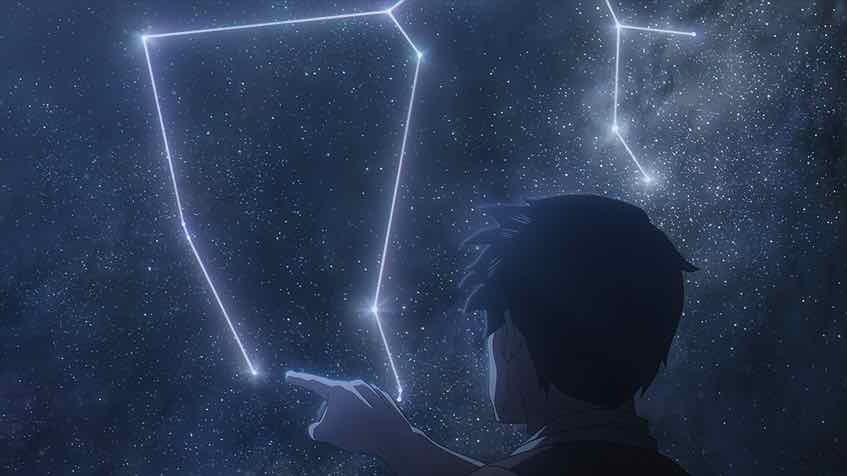
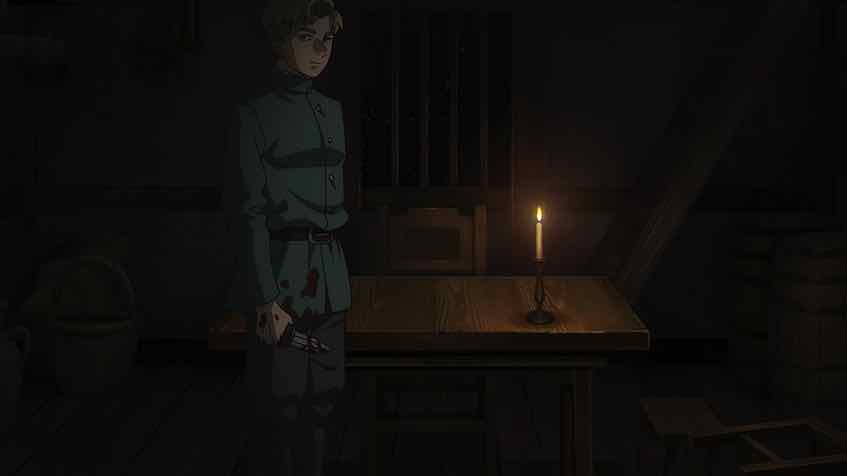
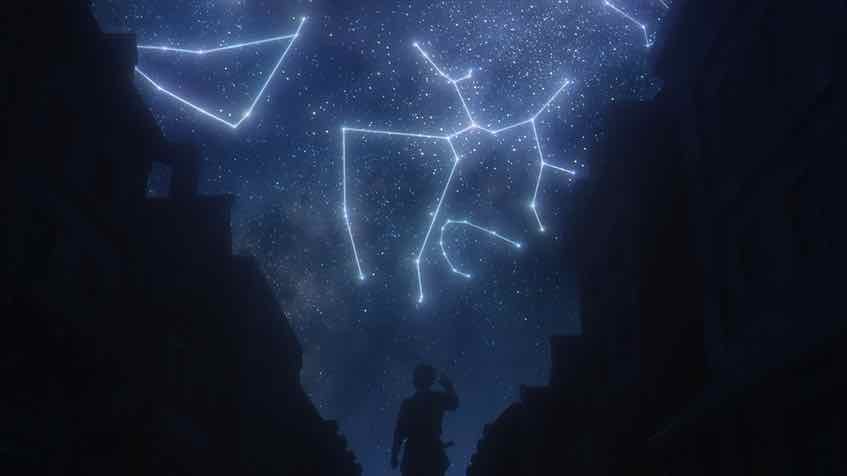
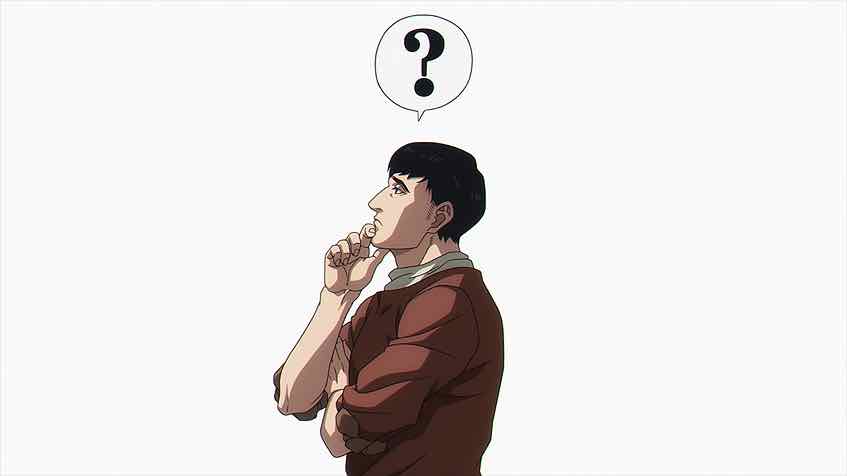
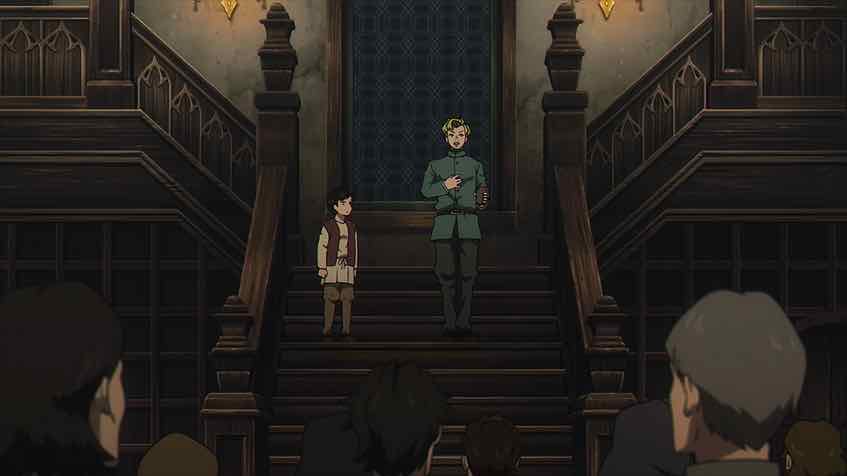
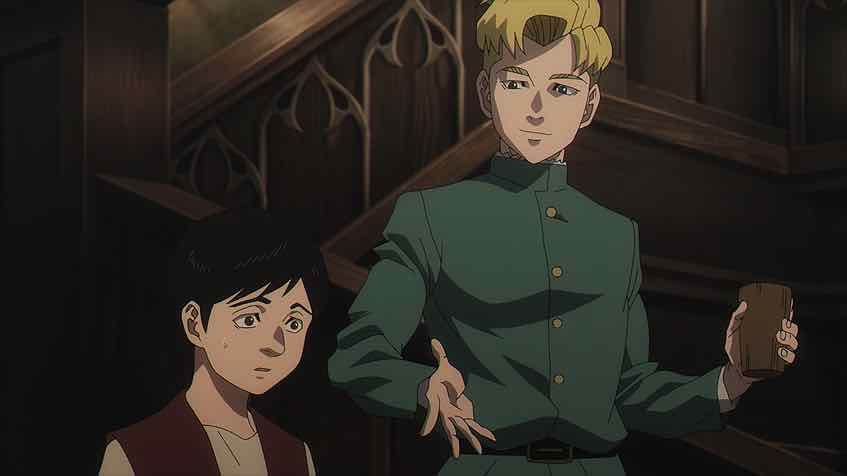
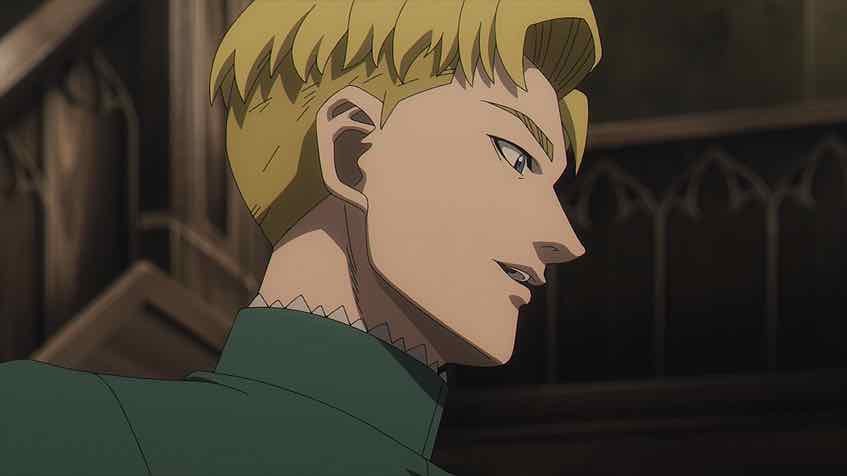
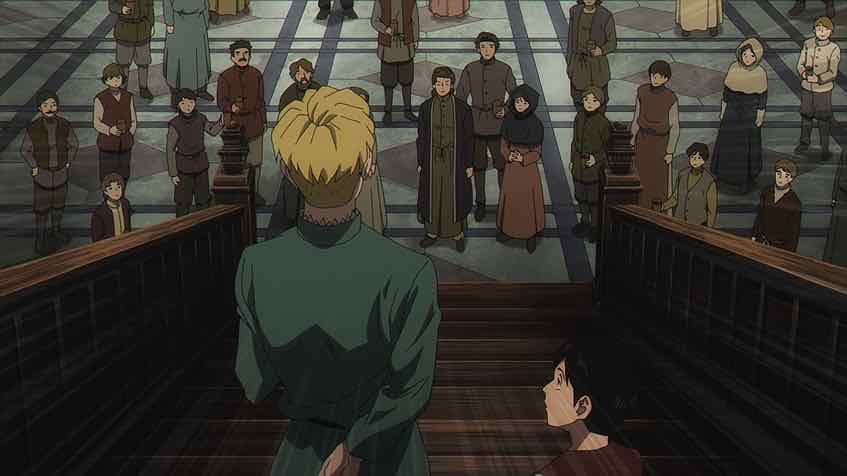
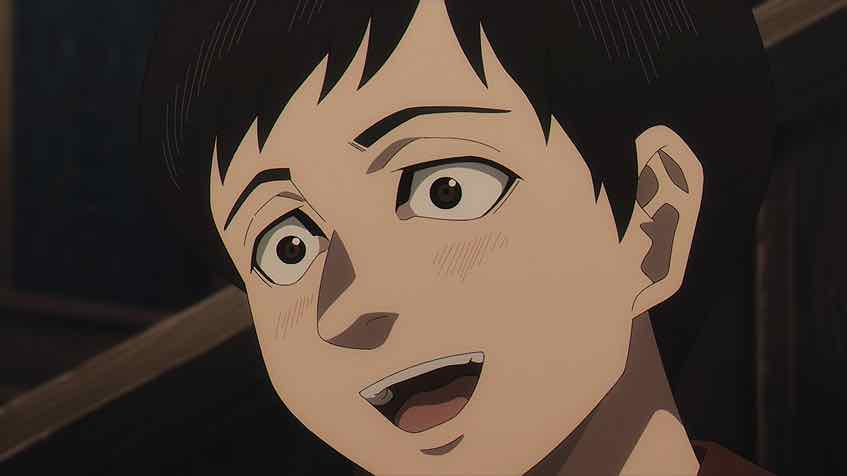
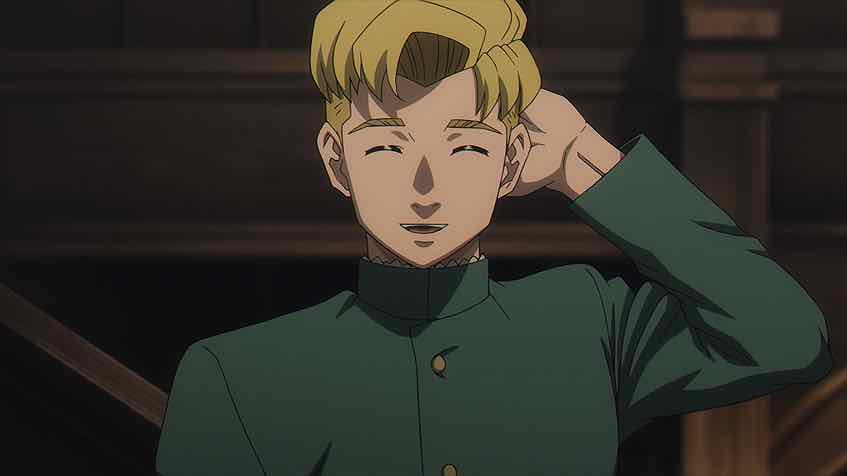
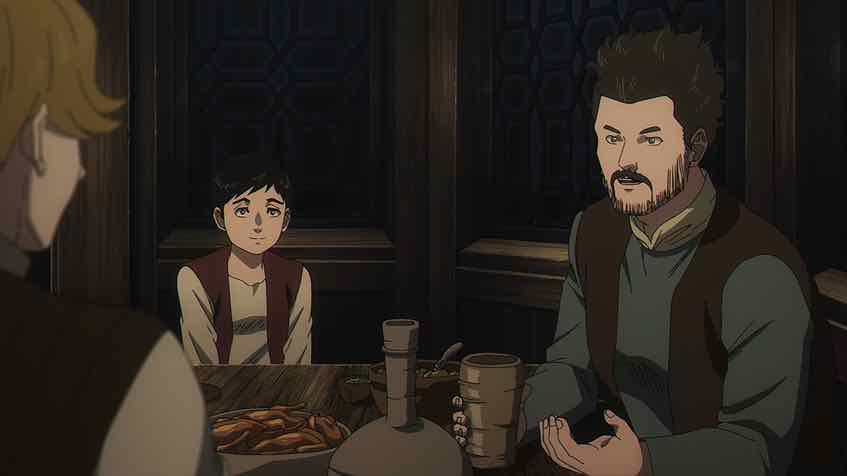
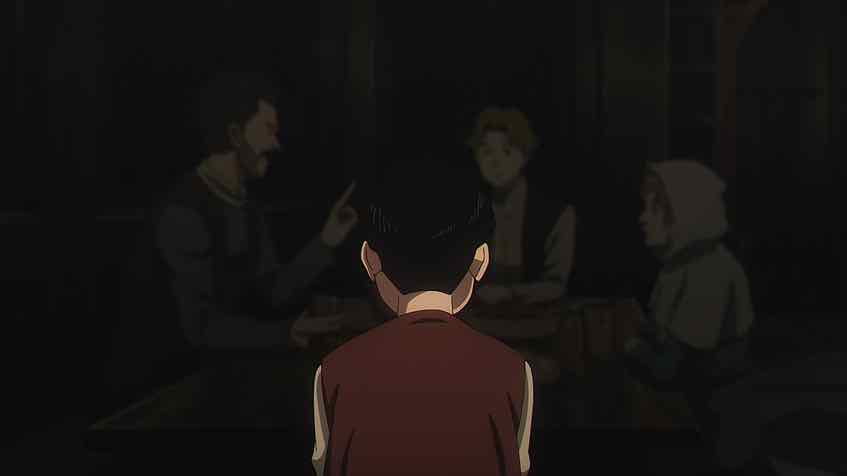
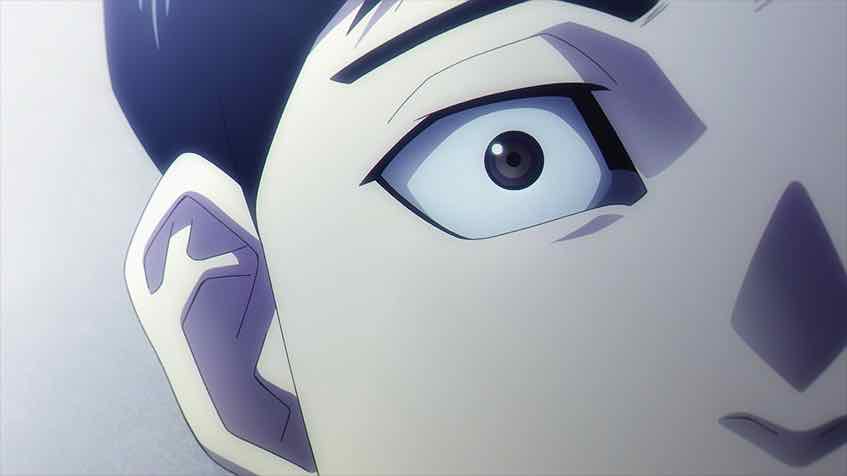
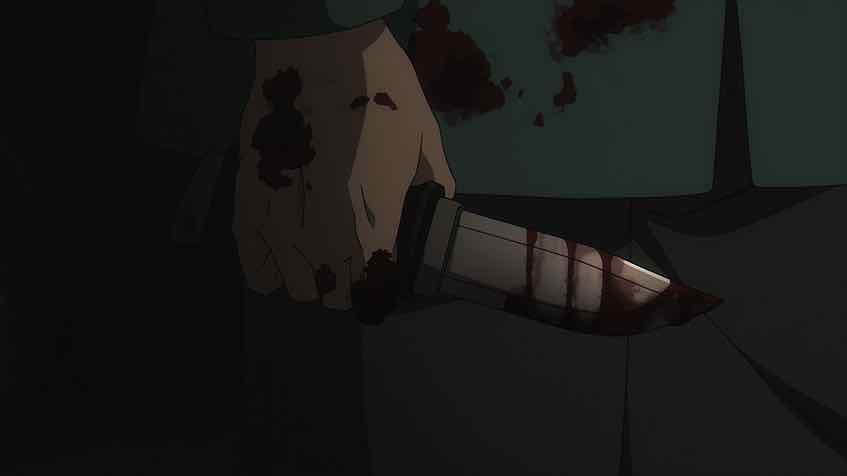
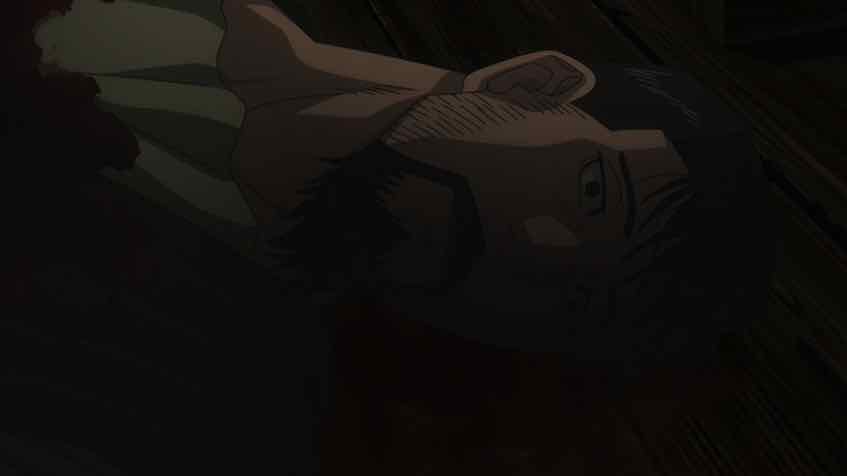
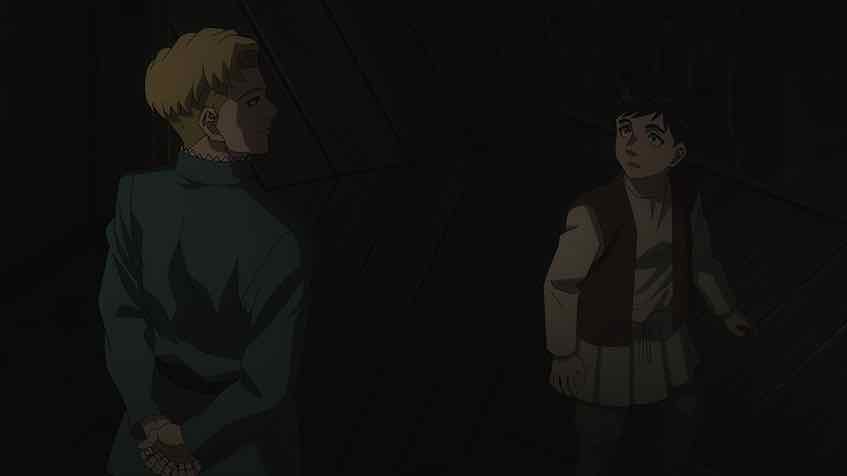
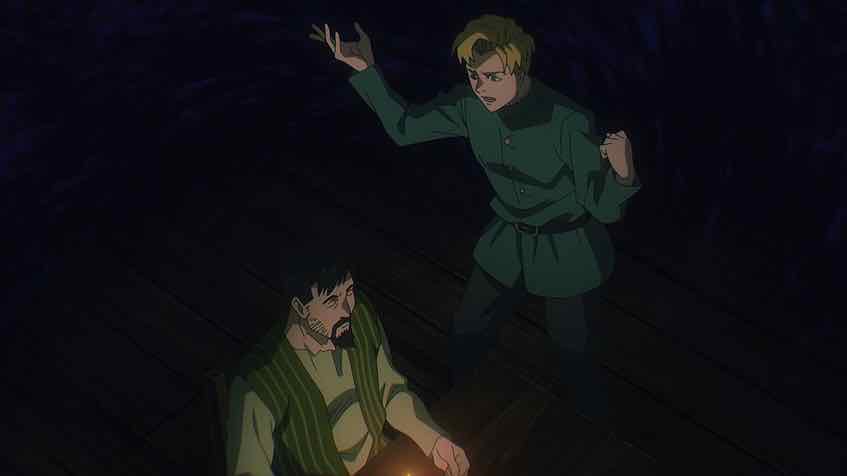
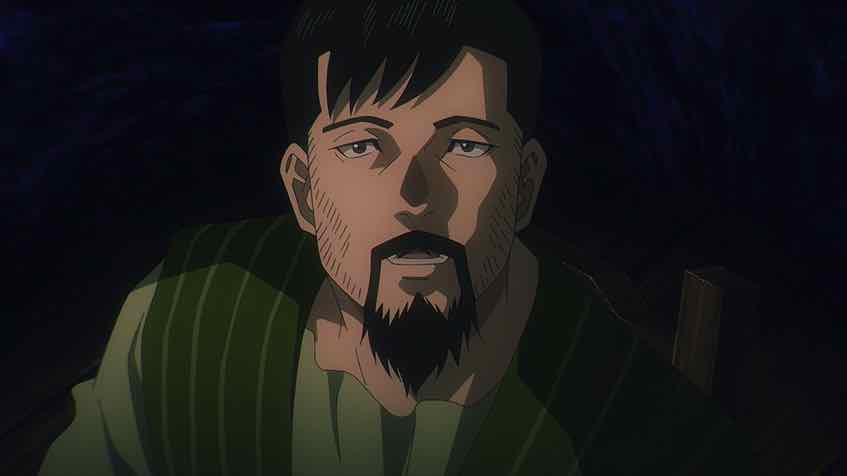
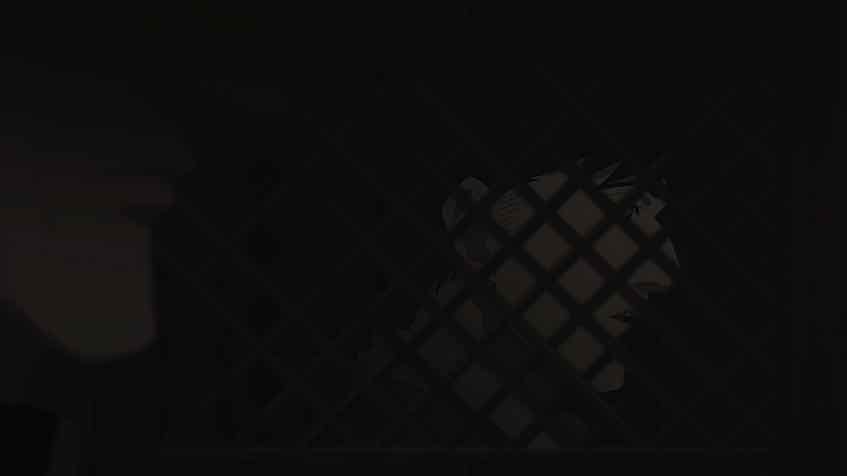
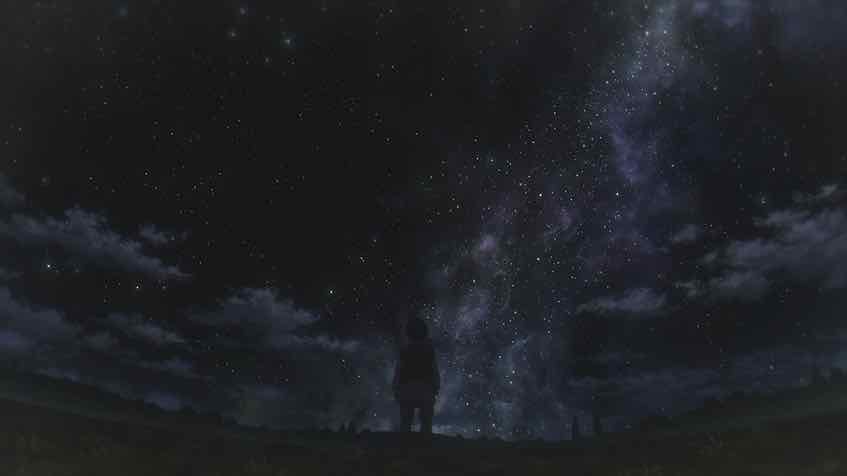
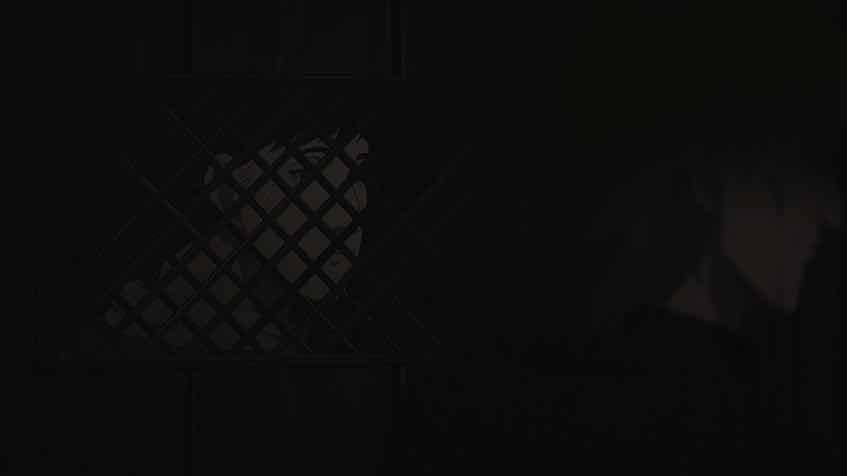
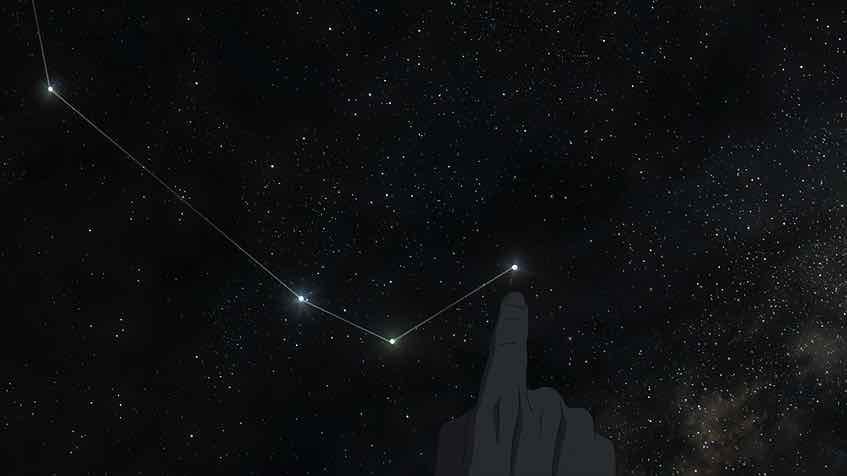
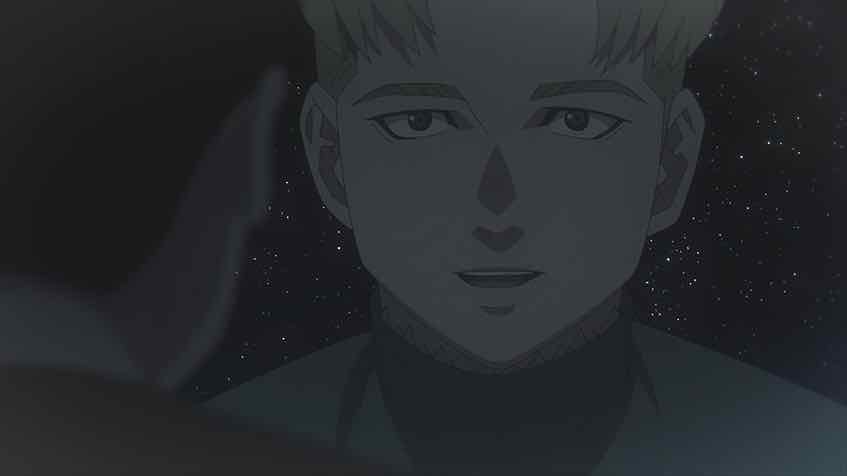
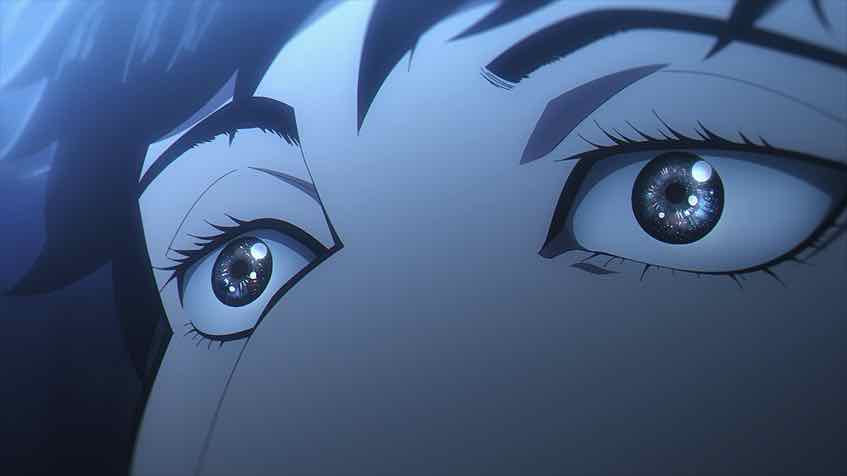
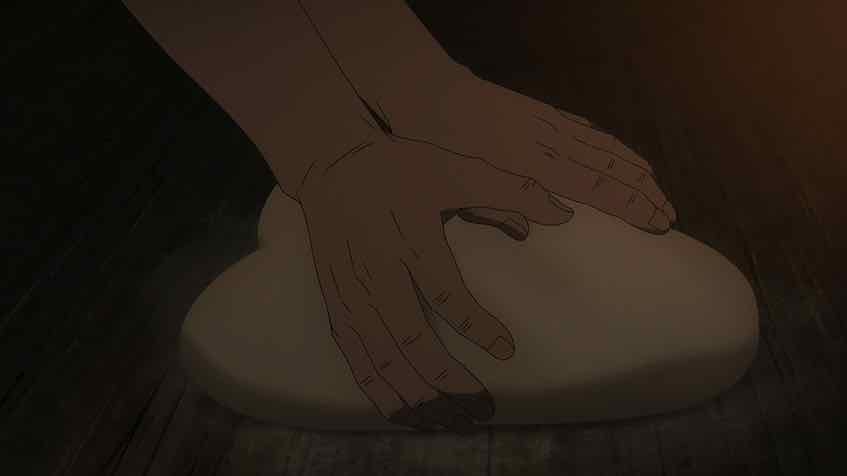

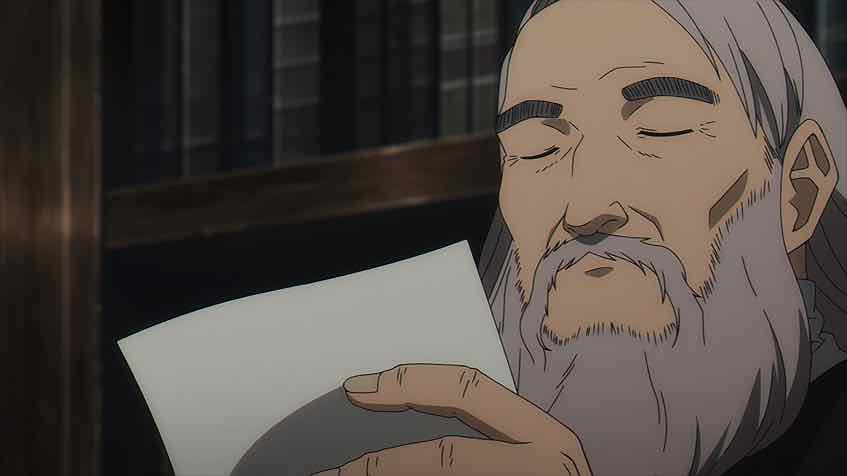
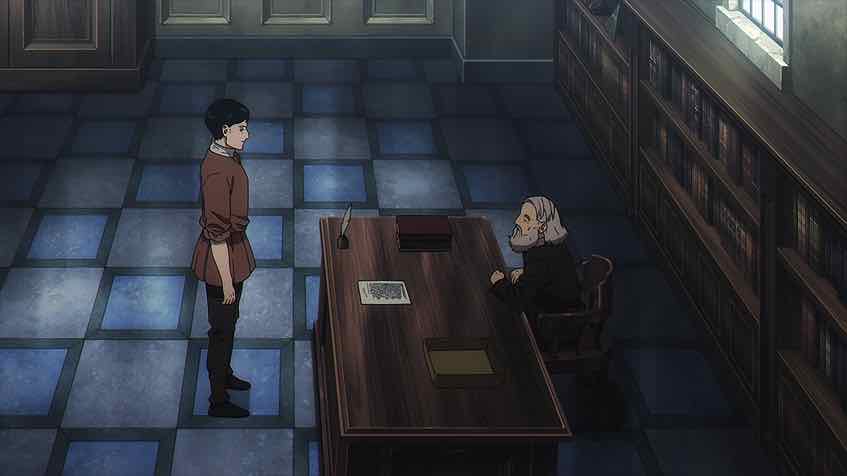
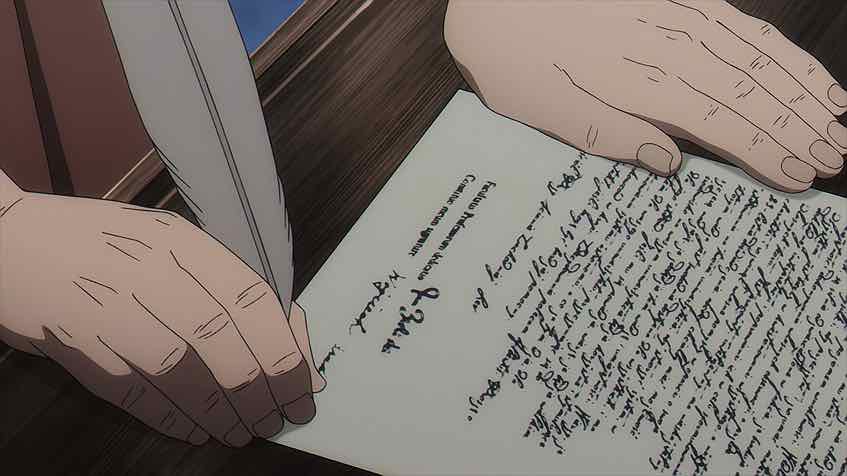
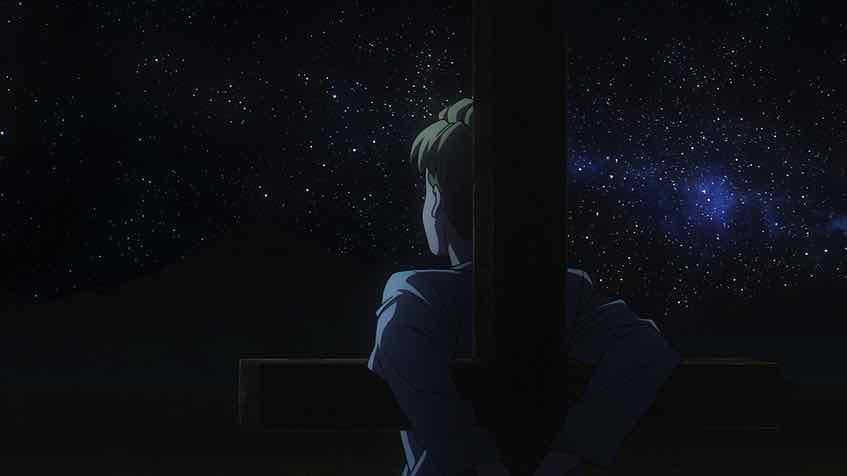
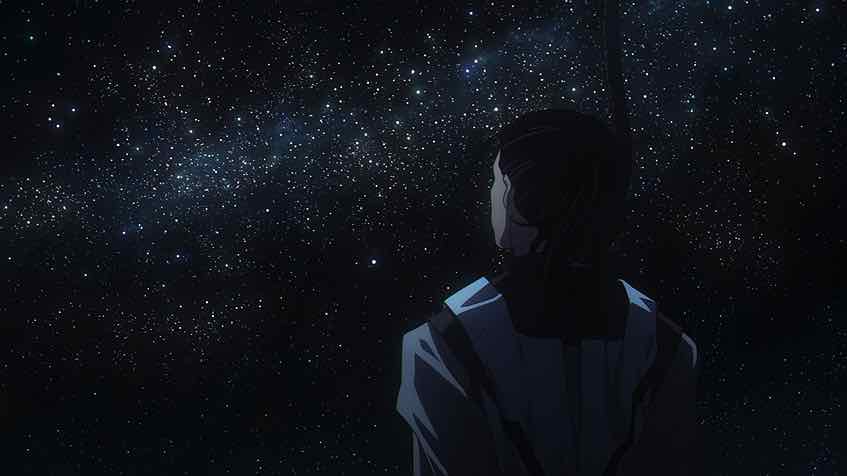
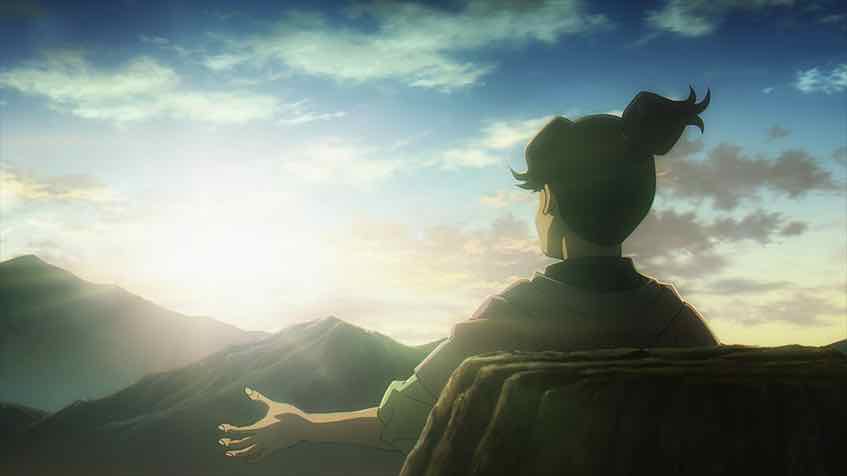
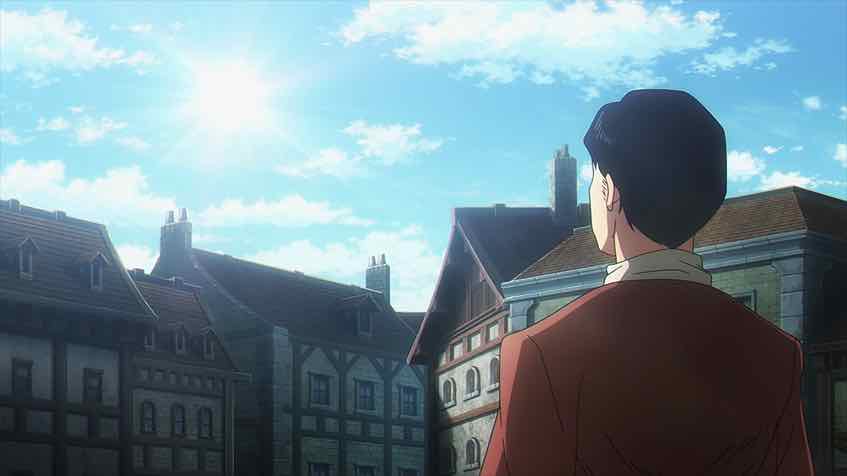
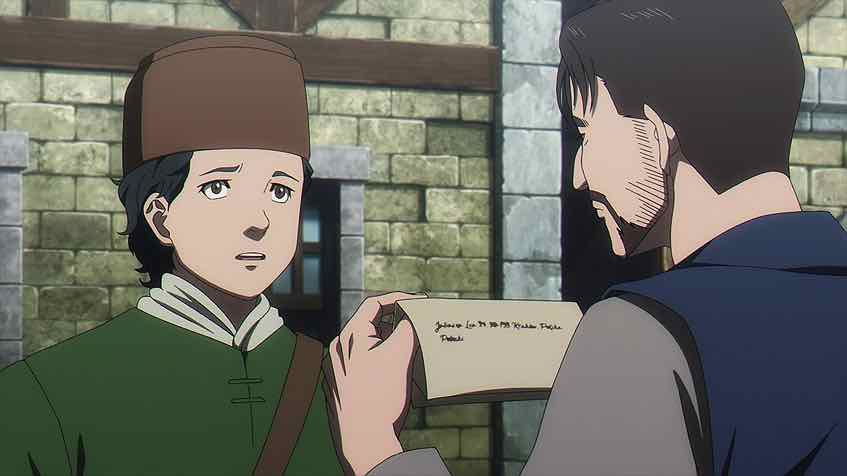
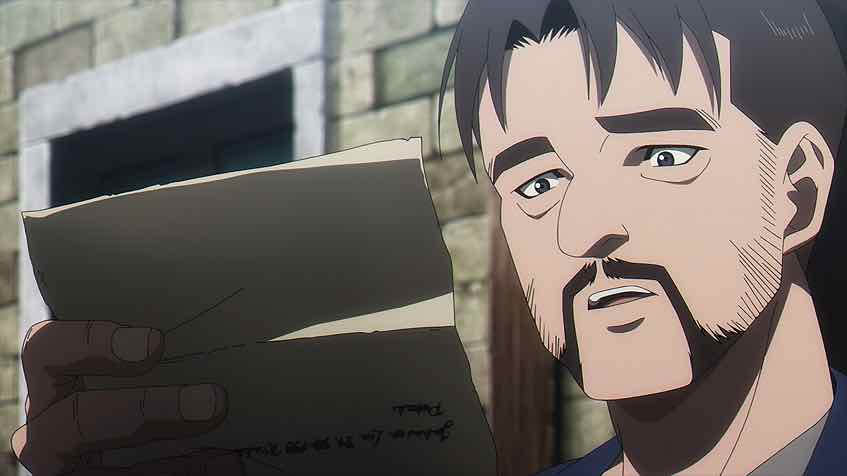
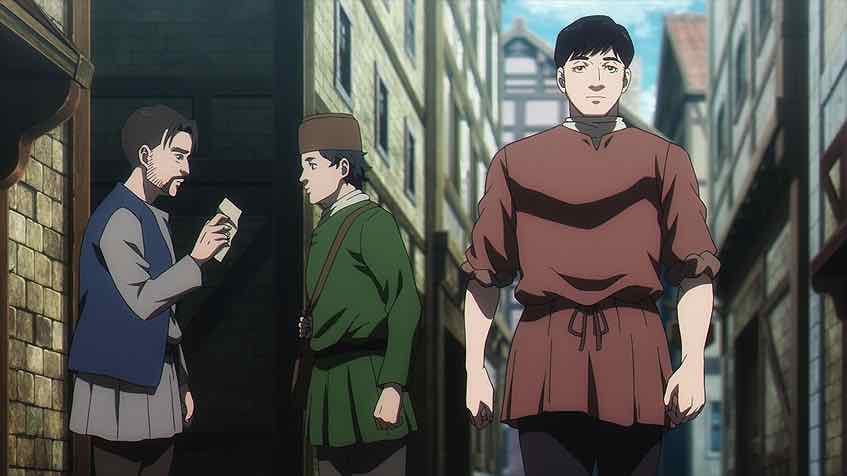

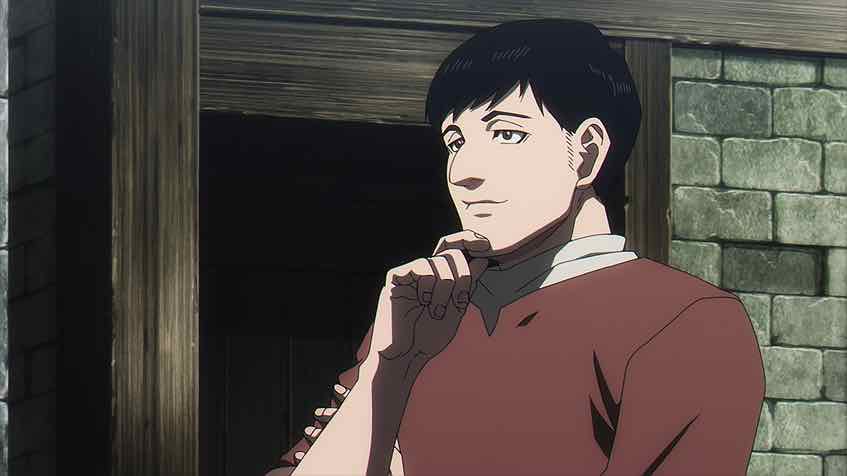
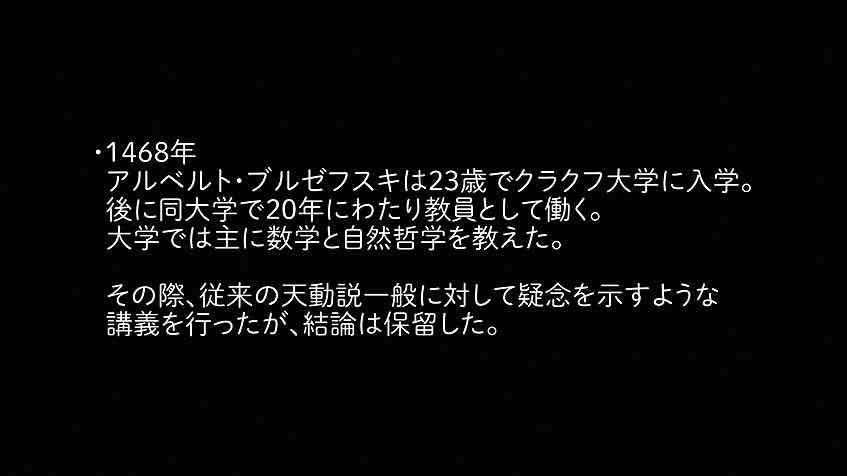
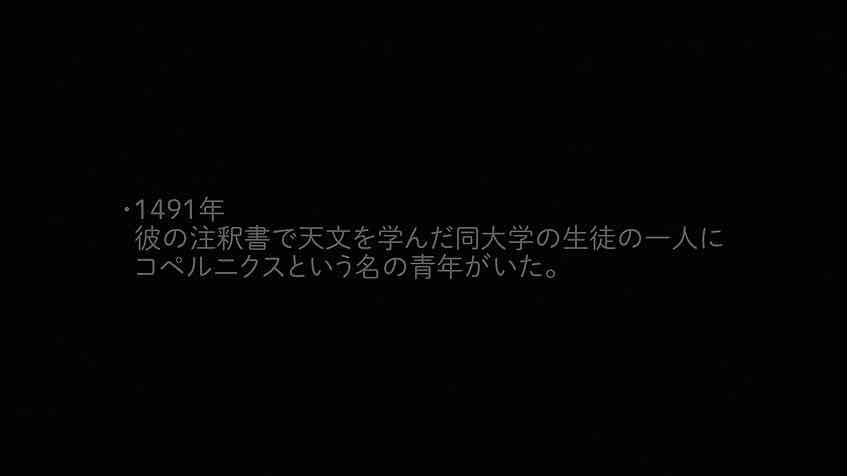

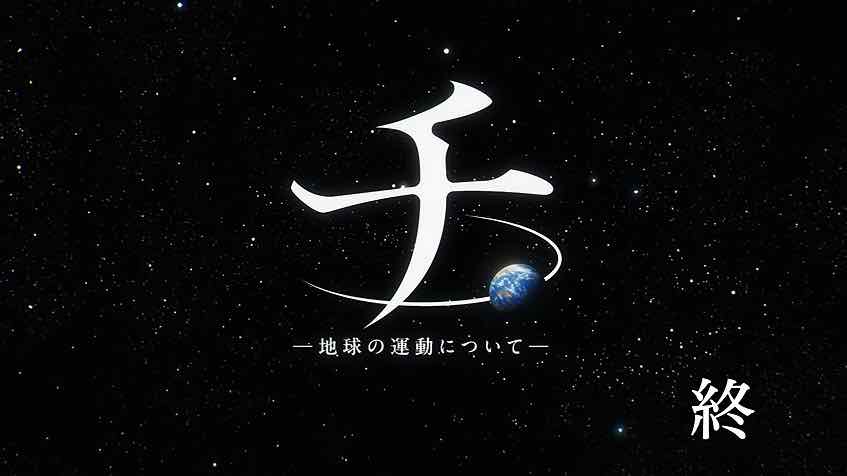
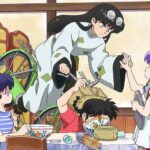
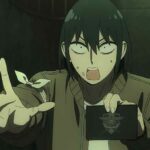
Raikou
March 18, 2025 at 12:28 pmOn one hand, I really liked this series until second arc, top 10 of the year material. But on the other hand, Draka arc and the ‘adult rafal’ kind of ruining this series.
Such a shame, this series has so much potential.
BluBlu
March 23, 2025 at 5:33 pmI had not posted since episode 17 where I have said that I was waiting for the last volume release in France the week after to finally read the last two and finish the series.
At the end, to avoid to be too spoilerish (and also my love story with procrastination), I have not commented anymore, but it is true that when you were scratching your head during the last stretch, I was a bit “worried” as I was telling myself: “Well, wait until you see the weirdness of the last part, otherwise you will have nothing to scratch anymore”. Thus, I am surprised that you have been quite nice with this last review. But I am also in agreement
Uoto made an interview with a French media and he indeed confirmed that “extreme view” was part of his topic. Honestly, without this, I would have missed that.
In sum, I have enjoyed my purchase and reading (as I have said, I have watched zero episode of the anime, so my comment is manga-based only). I will certainly need to read it again (especially this last volume, as I have seen good grades for this volume and so maybe I have missed something). As I had said, my main interest for the series was philosophy of science. And I have clearly appreciated the early takes and topics. I have never read it for mind games, cat & mouse or another agenda that I will not name (and was not the objective of Uoto).
So, it was a good read, Draka character was a bit odd (to say the less) and the landing was a bit abrupt. But I was not disappointed. And to compare for instance with Ranking of kings as you did, on the contrary, I do not want to hear about the rest of this series anymore (like you after the first part of “ace of diamond”).
Guardian Enzo
March 23, 2025 at 7:14 pmHeh, parts of my scalp are indeed scratched raw thanks to that third act. But there was still an awful lot of good to go along with that.
Teoh Han Hui
April 6, 2025 at 4:10 amHmm… I think the priest is actually an alternate Badeni, considering the eye-patch, and his story of what happened with his friend.